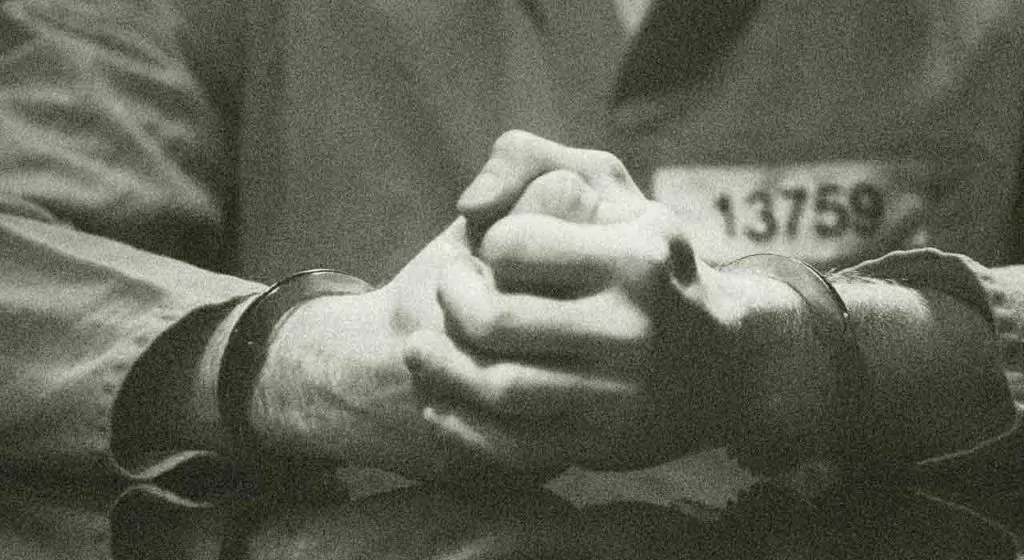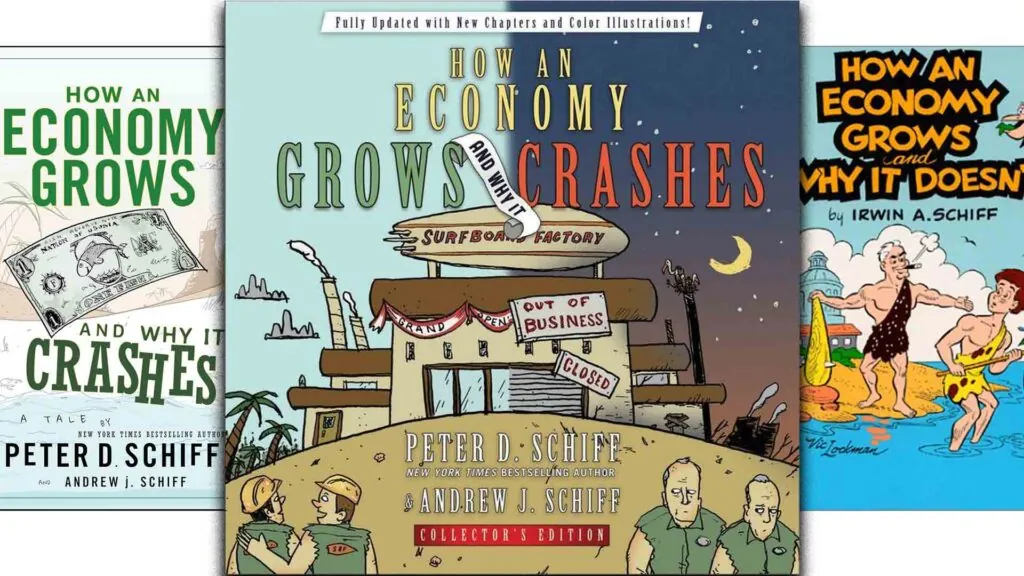“Remember: one lie does not cost you one truth but the Truth” – Hebbel
****
It seems that truth is bendable – it has become elastic during the last decades. People can twist and turn it any which way they want, especially if they have a good lawyer.
“Guilty or not guilty?”
“Not guilty.”
“Have you ever been to prison?”
“No, this is this is the first time I’ve been caught stealing.’
Surely truth is a question which has plagued mankind for centuries. The question of what, exactly, truth is, has been particularly in the headlines during the last year.
There are those times in which we do not speak the truth in order to shield others from something. The Bible records incidents in which people did not speak the truth and two incidents immediately come to mind: the first deals with the protection of the small Jewish babies by the Hebrew midwives (Ex. 1:15-21). The second recounts the hiding of the Jewish spies sent to search out the land for the Israelites (Joshua 2).
Incidents such as these remain relevant to the present times. We have only to think of the Second World War during which time many Christians hid Jewish refugees.
****
My husband and I had such an incident in our lives as well. It had not nearly the magnitude of life and death to it, but it does illustrate the fact that things are not always black and white.
A few years after my husband’s graduation from the Ontario Veterinary College, we had our third child. An aunt of my husband’s, Tante Til, had come over from Holland to help me out for a week or two. She was cheerful, lively and a bastion of cleanliness. We enjoyed having her around. Tante Til had a wonderful sense of humor but she also had a passion for sterilizing whatever came within her reach. Perhaps this was because she mistrusted my husband’s close daily contact with stables and their inhabitants and distrustfully eyed the mud caked to his large rubber boots. Tante Til was “proper” and would never dream of letting a soup bowl function as a cat dish or using her handkerchief to wipe away a cobweb.
Tante Til was not extremely fond of animals and the kitten, dubbed “Little Grape” by our two girls, had to stay out of her way. The litter box was vies (dirty), and my husband was delegated the task of cleaning it while I was in the hospital. He gladly did so. We had, I am ashamed to say, acquired the habit of cleaning out the litter box with something I had never found much use for – a silver salad fork – somehow failing to inform Tante Til of this rather disreputable habit. The fork lay in a secluded corner on the kitchen counter. It was a dirty black because I hated cleaning silverware, finding it a useless chore when it would only get dirty again. Besides that, we had lots of stainless steel.
One of my first nights home from the hospital, Tante Til cooked us a special dinner – mashed potatoes, vegetables, pork chops, applesauce and salad. It looked and smelled delicious. As we sat down and bibs were tied around the girls’ necks, Tante Til shone with goodwill. “Nou, eet maar lekker, jongens! (Eat hearty, guys!)” We prayed and then began to put the food on our plates.
It never hit us until my husband began scooping some lettuce onto his plate. He suddenly realized that he was holding the silver salad litter fork. Only the fork was not holding cat litter but green salad. His second scoop, therefore, hung in mid-air. He caught my eye and I grinned at him. He didn’t grin back.
“Good salad, isn’t it, sweetheart?” I said wickedly.
“Dank je (Thank you),” Tante Til beamed. “Zal ik jou ook wat geven? (Shall I give you some too?)”
“No, thank you,” I answered virtuously, “it might give the baby gas.”
My husband ate around the salad on his plate as Tante Til explained in detail how she had cleaned the fork she had found on the counter and wasn’t it nice and shiny now? “Je moet je zilver wat vaker poetsen hoor, kind (You should polish your silver a little more often, dear.)” She gave me a sidelong glance but smiled tolerantly for wasn’t I a young mother with a great deal to learn?
I cannot recall whether or not my husband ate the salad on his plate, but I do know that we never told Tante Til what the salad fork had actually been used for. “I speak truth, not so much as I would, but as much as I dare,” said Montaigne.
****
Most incidences in daily life, however, call for plain, unadulterated truth – truth you should never shy away from.
A number of years ago, during a snow-infested January day, I noticed a car slide to a stop behind a snowbank in front of our house. Our driveway was engorged with snow and I watched to see if the driver of the car would wade her way into it or head for our neighbor’s house. She turned into our driveway. It was a slow process, getting to our door, but it gave me time to put the kettle on, arrange some cookies on a plate and finally, wipe a few hands and noses while giving instructions on good behavior.
When I looked through the window again, the woman was only about three quarters way up the driveway. I walked to the door, opened it and smiled a welcome. The woman was small and carried a briefcase. I did not know her. She smiled back and her funny, black hat tilted in the wind. “Why don’t you step in for a minute?” I said, fully confident that this tiny lady was lost and in need of directions and a hot cup of tea to warm her up.
“Bad weather.” The short, terse statement was carried by a strong voice, albeit a strong voice with a quaver. I nodded, agreeing wholeheartedly. She pulled off her gray, leather gloves and began opening her briefcase in the kitchen. A watchtower tract fell on the ground. I bent simultaneously with her and we almost bumped heads. She reached the pamphlet first and picking it up, held it out towards me.
“No, thank you.” My words came automatically. The pamphlet quivered. The hand that held it was blue-veined and old. “It’s free,” she said, mistaking my refusal to take it with fear of having to pay for it. I shook my head. “I know.”
She put the tract back into her briefcase. The kettle was boiling and I turned to unplug it. Her voice followed me to the counter. “The world has many problems.” My oldest son toddled into the kitchen and smiled at her. I walked past him and said, “It’s a good thing that Jesus Christ came into the world.” She nodded, her little hat nodding with her. “Jesus was a good man.”
I both agreed and disagreed. “He was a good man,” I said, “a perfect man, yes, but He was and is also God.” She smiled and answered, “How could He be both at the same time?” Shaking her head, she laughed at what appeared to be a foolish and impossible notion. And when I persisted in speaking of the Triune God, she gave up and put her gloves back on while two of my children fingered her briefcase. With her gloved hands she pulled the small, black hat firmer onto her wet, gray hair and then opened the door. The wind blew swirls of snow into the foyer as she stepped back outside. I watched her go, the snow filling in her plodding steps almost as soon as she lifted her feet. And a few minutes later there was no trace to show that she had been by.
Pascal said, “Contradiction is not a sign of falsity, nor the lack of contradiction a sign of truth.”
****
Providentially not only the liars are in the news. The January 30, 1999 issue of World magazine records that a man by the name of Daniel Crocker confessed to murder. Daniel Crocker, who at that time was thirty-eight years old, was sentenced to twenty to sixty years in prison. He will be eligible for parole in ten years.
The unusual aspect of Mr. Crocker’s case is that he was living free and easy, with a wife and two children in Chantilly, Virginia. He had committed the murder twenty years previously, smothering a nineteen-year-old girl with a pillow following an attempt to rape her. However, his Christian conscience, following his conversion later in life, would not let him alone. Compelled by the Holy Spirit, he confessed his murder and was consequently tried and convicted. Mr. Crocker and his wife, Nicolette, reportedly were able to pray together twice before the sentencing. Mrs. Crocker said that their two children, Isaac, 6 and Analiese, 9, who were not at the trial, “know what Daddy’s doing is right.” Mr. Crocker apologized tearfully to his family “for embarrassing and shaming them” and to the relatives of Tracy Fresquez, his victim.
Mr. Crocker submitted, at this point in his life, to the Truth. And that Truth, even though he is a murderer, will set him free.
****
According to the NIV Exhaustive concordance, the word truth is used 224 times in the Bible. One of the phrases recurring throughout Jesus’ ministry reads, “I tell you the truth.” When the truth of the Bible is compromised, there is no sweet, roundabout way to avoid conflict. Emerson aptly said, “God offers to every mind its choice between truth and repose. Take which you please – you can never have both.” Although in this phrase the word choice smacks a bit of arminianism, the fact remains that you cannot have both truth and repose. A lot of people today, however, are convinced that you can have both, never realizing that they have thereby lost their hold on Truth. Although they might agree with Mark Twain’s quote, “Truth is the most valuable thing we have”, they subconsciously go one step further with him when he adds, “Let us economize on it.”
But there is no way to economize on the Truth of creation; there is no way to economize on the Truth of headship; there is no way to economize on the Truth of God’s judgment on homosexuality; and there is no way to economize on the Truth of being servants of one another in love and compassion. Because to economize on one principle does not cost merely one truth but the Truth. And only if you believe this Truth in your heart and confess this Truth with your mouth, shall you be saved.
This is an abridged version of an article – “Remember: one lie does not cost you one truth but the Truth” – that first appeared in the June 1999 edition of Reformed Perspective.












